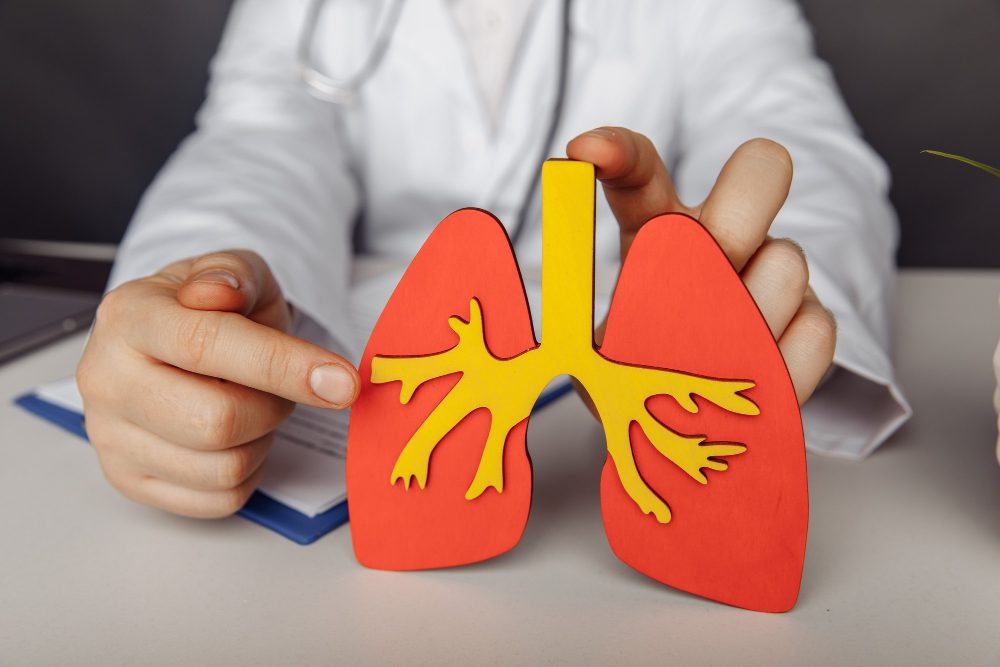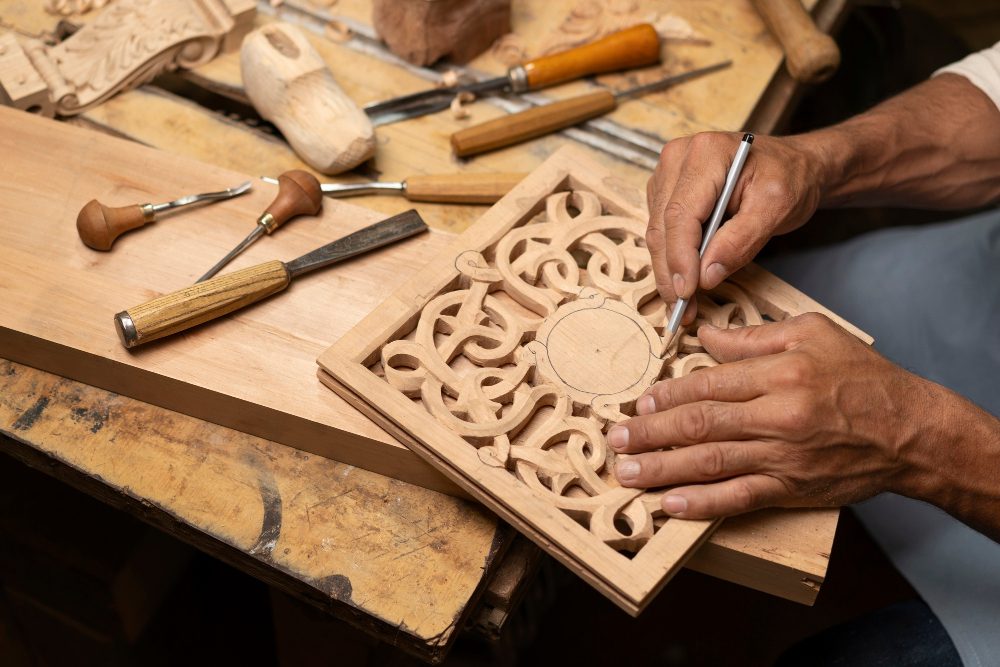Why do Masons have an apron?
In the world of freemasonry, the apron holds a significant and symbolic role. It is one of the most distinguishable and universally recognized symbols associated with Freemasonry. The apron is worn by Freemasons during rituals, ceremonies, and other Masonic events. But why exactly do Masons wear aprons? Let’s delve into the history and symbolism behind this unique tradition.
The Historical Origins
The practice of wearing aprons in Masonic rituals can be traced back to the medieval stonemasons. These skilled craftsmen, known as operative masons, would use aprons to protect their clothing while working with stone and mortar. The aprons were practical garments that shielded their attire from dirt, stains, and debris.
As Freemasonry evolved from a guild or trade organization to a speculative fraternity, the traditions and symbolism of the operative masons continued to influence the practices of the new order. The apron, once solely a functional garment, took on a deeper symbolic meaning.
The Symbolism of the Apron
The apron is considered an emblem of innocence and the badge of a Freemason. Its symbolism is rich and multi-layered, representing the virtues upheld by Masons and reminding them of their responsibilities within the fraternity and society at large.
Firstly, the apron serves as a reminder of the importance of labor and one’s duty to contribute positively to society. Just as the operative masons worked diligently to construct magnificent buildings, Freemasons strive to build better individuals and communities through their actions and principles.
The apron also signifies purity and the pursuit of knowledge. It is a symbol of the Mason’s commitment to personal growth and moral development. By donning the apron, Masons are reminded of their obligation to continually seek enlightenment and strive for virtue.
Types of Aprons
There are several different types of aprons within Freemasonry, each carrying its own significance. Some of the most common aprons include:
- The Entered Apprentice Apron: Worn by Masons who have been initiated into the first degree of Freemasonry.
- The Fellowcraft Apron: Worn by Masons who have attained the second degree, representing their continued journey towards knowledge and understanding.
- The Master Mason Apron: This apron is reserved for those who have reached the third degree, the highest rank in Freemasonry. It symbolizes the completion of the initiatory journey and signifies mastery of oneself.
In Conclusion
“The apron is more than just a piece of cloth worn by Masons, it is a tangible representation of the core values and principles that Freemasons uphold. It serves as a reminder of the importance of labor, purity, and the pursuit of knowledge.”
The apron is an essential aspect of Masonic tradition, embodying the ideals and symbolism that Freemasonry holds dear. By donning this garment, Masons honor their heritage, their commitment to self-improvement, and their obligations to society.
Through its historical origins and deep symbolism, the apron continues to serve as a visible reminder of the values and principles that guide Freemasons on their spiritual journey.
Why do Masons roll up trouser legs?
The practice of rolling up trouser legs is a unique ritualistic tradition observed by Freemasons during certain ceremonies. While its origins are steeped in symbolism and secrecy, there are a few theories that explain why Masons roll up their trouser legs.
One theory suggests that rolling up the trouser legs reveals the Masonic emblem, often tattooed on the leg. The emblem serves as a reminder to Masons of their commitment to the principles and teachings of Freemasonry. By exposing the emblem, Masons reaffirm their dedication to the fraternity.
Another theory is that rolling up the trouser legs is a symbol of humility and submission. It is believed that by baring the legs, Masons signify their willingness to submit to the authority and wisdom of the Grand Architect of the Universe.
It is important to note that these theories are speculative, and the true meaning behind this practice remains known only to Freemasons themselves.
The Masonic Apron and Ritual
The practice of rolling up trouser legs is closely connected to the Masonic apron, which is a distinctive and iconic symbol of Freemasonry. The apron holds great significance within Masonic rituals and represents the virtuous qualities that members strive to embody.
In Masonic ceremonies, Masons wear the apron as a mark of honor and distinction. The apron is typically made of white lambskin, symbolizing purity, and is adorned with various symbols that hold symbolic meanings.
The ritual of rolling up trouser legs usually occurs during the initiation process, where new members, known as initiates, undergo a series of symbolic rituals and teachings. During this process, the act of rolling up trouser legs signifies the shedding of worldly attachments and the preparation for a spiritual journey.
A Freemason’s apron is a deeply personal and symbolic item, representing a Mason’s commitment to living a virtuous life and upholding the principles of Freemasonry.
Freemasonry is a system of morality, veiled in allegory and illustrated by symbols.
– Albert Pike
In conclusion, the practice of rolling up trouser legs among Freemasons holds deep symbolism and significance. Whether it is a visible display of the Masonic emblem or an act of humility and submission, this ritualistic tradition remains a mysterious and sacred aspect of Freemasonry.
- Rolling up trouser legs is a symbolic practice observed by Freemasons during certain ceremonies.
- One theory suggests it reveals the Masonic emblem tattooed on the leg.
- Another theory proposes it represents humility and submission.
- The practice is closely connected to the Masonic apron and its symbolism.
- The apron represents honor, distinction, and the virtues of Freemasonry.
- Rolling up trouser legs typically occurs during the initiation process.
- It signifies shedding worldly attachments and preparing for a spiritual journey.
- Freemasonry values symbolism and secrecy, keeping the true meaning of the practice known only to Freemasons.
Why do Masons wear white gloves?
Masons have a long-standing tradition of wearing white gloves during their rituals and ceremonies. These gloves hold significant symbolism within the Masonic fraternity and are deeply rooted in the history and values of the organization.
The Symbolism of White Gloves
White gloves serve as a visual representation of purity, innocence, and equality. They remind Masons to conduct themselves with integrity, honesty, and fairness in all aspects of their lives, both within and outside the lodge.
Wearing white gloves also signifies the importance of cleanliness and discipline. It is a reminder to Masons to keep their hands clean from any immoral or unethical actions and to always act in accordance with their moral principles.
A Sign of Brotherhood
White gloves are also seen as a symbol of unity and brotherhood among Masons. By adorning these gloves, Masons demonstrate their commitment to supporting and assisting their fellow brethren. The gloves act as a reminder to extend a helping hand to those in need and to treat everyone with kindness and respect.
The Historical Significance
The tradition of wearing white gloves dates back to the early days of Freemasonry. During the medieval era, stonemasons, who were the predecessors of today’s Freemasons, would wear white gloves as a practical measure to protect their hands while working with stone and mortar.
Over time, the practical purpose of the gloves evolved into a symbolic tradition. The white gloves became a significant part of Masonic attire, representing the craft’s values, principles, and traditions.
Preserving Tradition
In contemporary Masonic practice, white gloves continue to be worn during important ceremonies, such as initiations, degree ceremonies, and other formal events. The gloves emphasize the importance of upholding the ancient customs and traditions that have been passed down through generations of Masons.
In Conclusion
The wearing of white gloves by Masons holds deep symbolic meaning within the fraternity. It represents purity, discipline, unity, and upholding the values of Freemasonry. The tradition of wearing white gloves not only connects Masons to their historical roots but also serves as a constant reminder of their commitment to living a virtuous and principled life.
“Wearing white gloves is a visible reminder for Masons to always act with integrity and treat others with fairness and respect.”
Why do Masons wear jewels?
Masonic jewels hold significant symbolism within Freemasonry and are worn by members during various ceremonies and events. These intricate pieces of regalia not only serve as decorative elements but also convey important messages and values cherished by the fraternity.
The Symbolism of Masonic Jewels
Masonic jewels often feature several symbols that represent different aspects of the Masonic tradition. These symbols include:
- The Square and Compasses: The most recognizable symbol of Freemasonry, the square and compasses represent moral rectitude and the importance of keeping one’s actions within the bounds of morality.
- The All-Seeing Eye: This symbolizes the divine presence and the belief in a higher power or supreme being.
- The Level: Represents equality among Masons, emphasizing the fraternity’s commitment to treating all individuals as equals.
- The Plumb: Symbolizes upright conduct and moral integrity.
The Meaning Behind Each Jewel
Each jewel worn by a Mason holds a unique significance, reflecting the individual’s position within the lodge. Here are a few examples:
The Master Mason’s Jewel: This jewel is typically worn by the Master of a Masonic lodge and represents wisdom, strength, and knowledge.
The Senior Warden’s Jewel: Worn by the Senior Warden, this jewel signifies leadership and serves as a reminder of the responsibility entrusted to the office-bearer.
The Junior Warden’s Jewel: Represents the Junior Warden’s duty to assist the Senior Warden and symbolizes the importance of harmony within the lodge.
Masonic Jewels as Tokens of Achievement
Masonic jewels are also awarded to members who demonstrate exceptional dedication and service to the fraternity. These jewels act as badges of honor, recognizing the individual’s contributions and commitment to Freemasonry.
In Conclusion
Masonic jewels play a crucial role within the fraternity, acting as symbols of Masonic values, hierarchy, and achievement. These pieces of regalia not only enhance the aesthetics of Masonic attire but also serve as reminders of the principles and responsibilities that Masons uphold.


